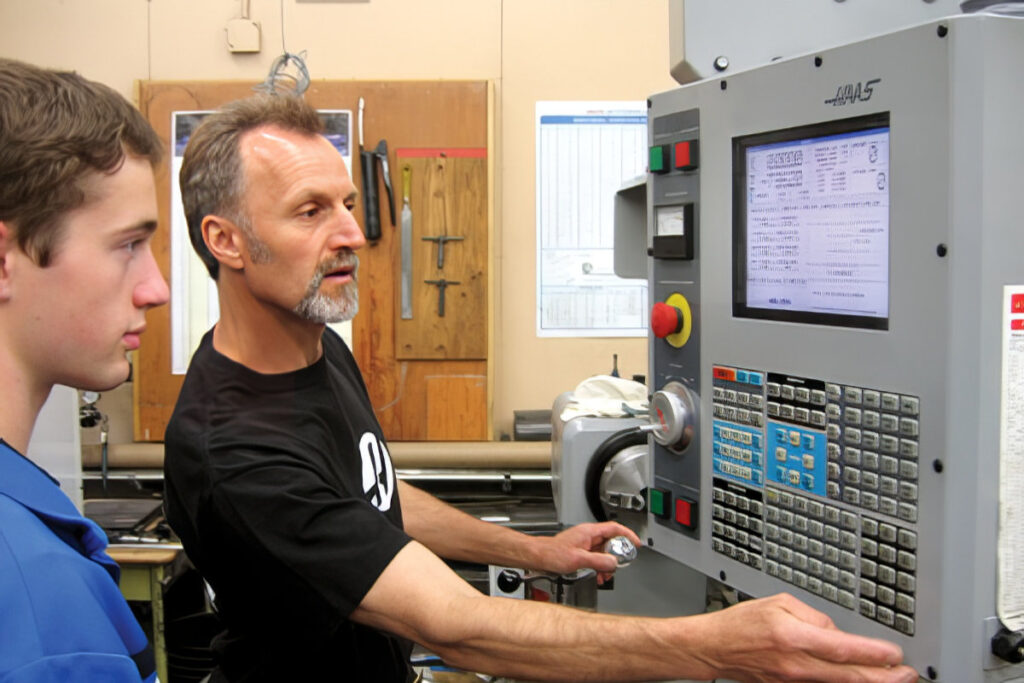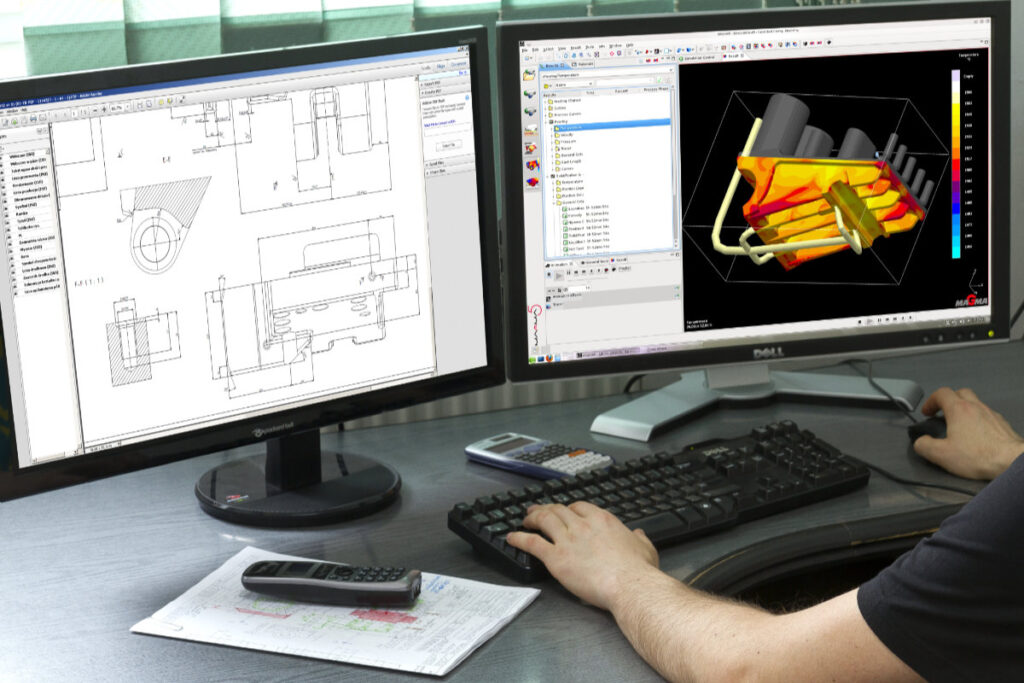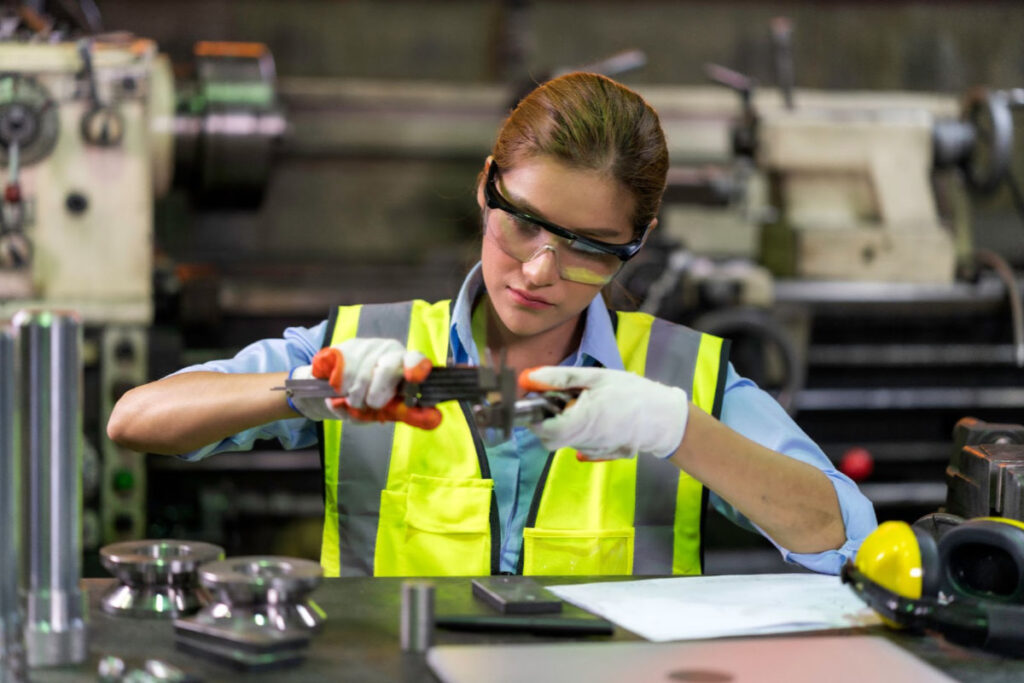Career Opportunities
Why Pursue a Career in Manufacturing?
The face of manufacturing is rapidly changing. Advances in technology and automation are increasing productivity and increasing the demand for highly skilled workers. Businesses are experiencing shortages of machinists, operators, and technicians as well as industrial engineers and manufacturing engineers.
Today, careers in manufacturing offer higher hourly wage and benefit compensations than other non-manufacturing industries. With the median age of the manufacturing workforce at 44.7 years there is a need for young, skilled workers to enter the manufacturing field.
Reasons to Consider a Career in Manufacturing
- You’ll be joining a high-demand industry with many entry-level opportunities – Meaning, there will be more available jobs than there are qualified workers.
- Manufacturing offers good pay and benefits – According to DataUSA.com, the average manufacturing salary is over $63,000 with benefits.
- You’ll avoid student debt – The average student debt of a college graduate today is over $31,000. There are many different paths into a career in manufacturing including apprenticeships and on-the-job training.
- Work with new technologies – Manufacturers are constantly adding new technologies to improve productivity, quality, and safety. Some examples include 3D printing, robotics, analytics, internet of things (IoT) connectivity, blockchain, and more.
- Have job stability – As the COVID-19 pandemic demonstrated, not all industries are safe during uncertain economic times. However, many manufacturers were considered essential businesses and stayed open while other industries were shut down.
- Have access to opportunities for advancement – Once you get your foot in the door with a manufacturing employer, there are many different ways you can advance your career. From working up to a manager role to transitioning to a different department such as sales or operations, you have opportunities to shape your future.
- Exciting sectors of work – Sectors include aerospace, heavy equipment manufacturing, medical, construction, automotive, beverage and more!
- Increased safety – For a long time, manufacturing was considered a high risk career path. But the industry has come a long way. Robots are making jobs safer, and technology like the Internet of Things and automation keeps workers out of harm’s way. The industry is working smarter and safer than ever before.
A Career in Manufacturing Will Lead You to
- Being paid well for your skills
- Learning new technologies
- Producing a tangible product
- Working in a clean, modern environment
- Having a career path
- Finding a variety of jobs that stimulate your interests
Types of Career Opportunities
Please click below to learn more about these career opportunities such as what they do, skillsets needed and how much you can earn.
CNC Machine Operator
Average Yearly Salary
$56,710
CNC Programmer
Average Yearly Salary
$86,308
Quality Inspector
Average Yearly Salary
$77,784
Quality Supervisor
Average Yearly Salary
$105,450

Automation Technician
Average Yearly Salary
$99,845
Industrial Engineer
Average Yearly Salary
$99,845





